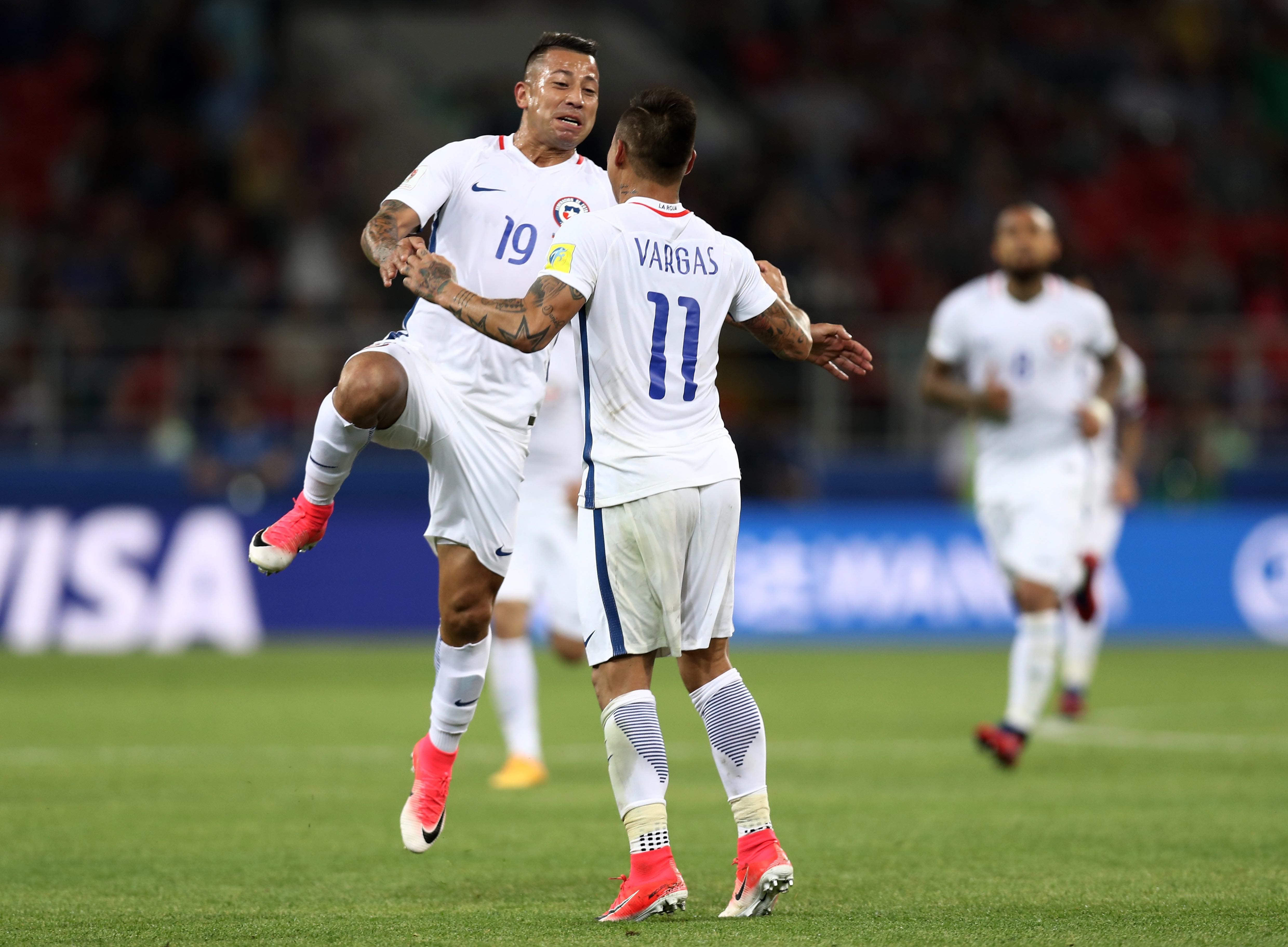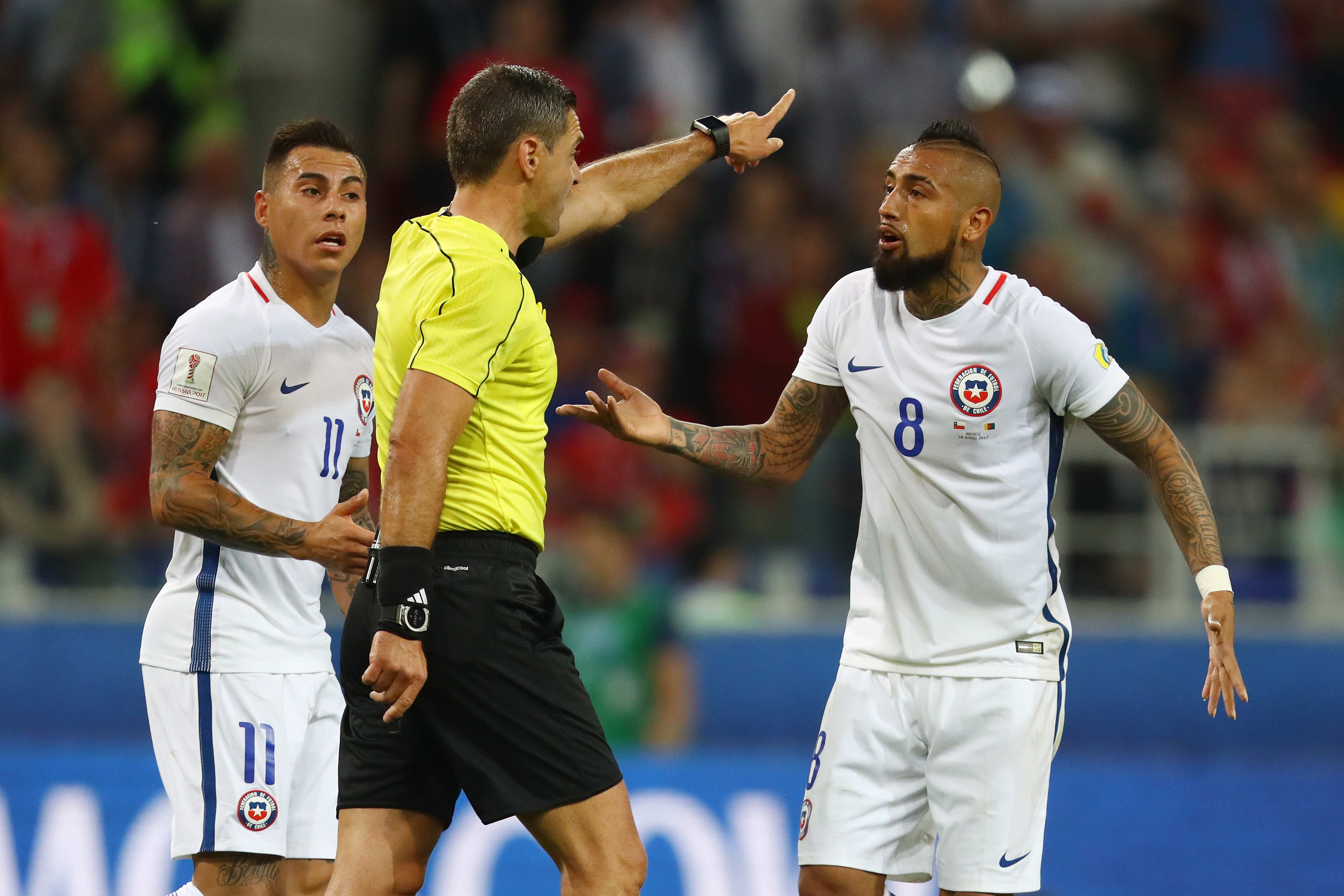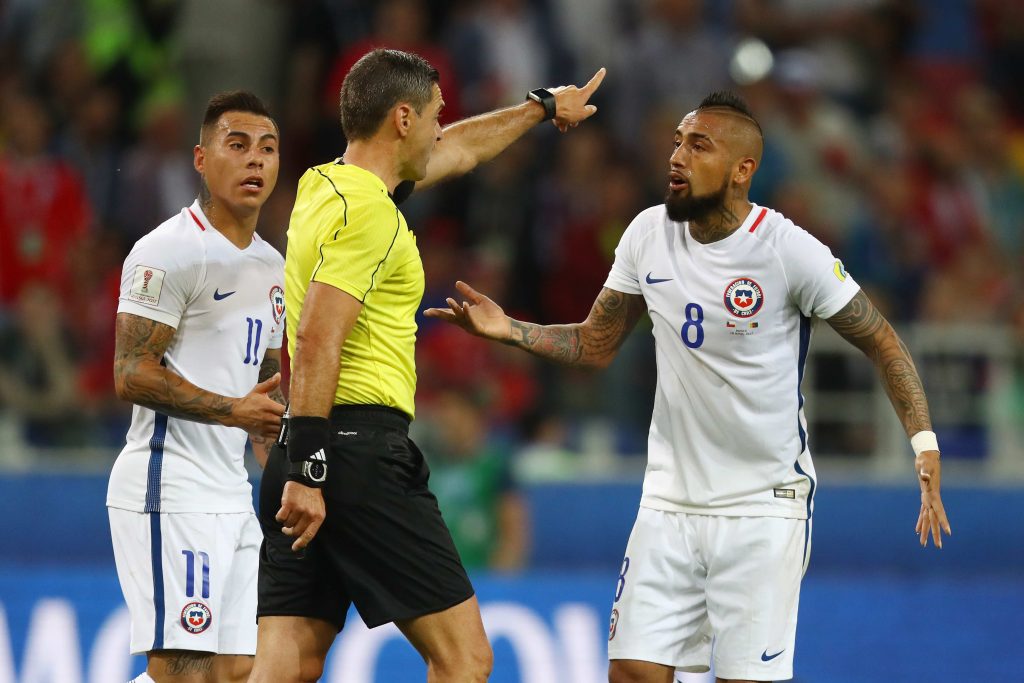The soccer worlds newest tool, the Video Assistant Referee (VAR for short), has been making headlines this week for all the wrong reasons. After a couple of controversial moments in the Confederations Cup, fans are split on the benefits from the instant replay system. With that in mind, it’s now being reported that VAR will make its way to Mexico in the coming season. Cue the hysteria.
Tigres UANL president Alejandro Rodríguez stated on Tuesday that the VAR system would be tested during Apertura 2017 matches. “What I’ve heard is that we’re going to start experimenting with the (MX) Cup to see exactly how it works, because we’re all learning and eventually it will be a fact that we have this technological breakthrough that helps us avoid mistakes and avoid problems.”
Rodríguez also went on to say that he believes that his side could have pulled off a draw and sent the Clausura 2017 final against Chivas to penalty kicks with some assistance from VAR.
This technology has seen its trial period hit full stride at this summer’s Confederations Cup, but not all reviews have been positive. Through the first two games, VAR has been brutally slow, and the referees’ communication with the fans on what’s going on has been less than stellar, leaving many twiddling their thumbs while waiting for a result.
The first VAR assisted call at the tournament came during the match between Portugal and Mexico. Portugal forward Nani converted a ricochet rebound after Cristiano Ronaldo’s volley rattled the crossbar but referees consulted with the VAR, who detected four Portuguese players offsides just before Ronaldo’s shot. The goal was then waived off.
In the second Confederations Cup game, VAR once again played a crucial role. Chile (and, coincidentally, Tigres) striker Eduardo Vargas made history as he became the first player ever to have goals both disallowed and awarded by a video referee in the same match. The former Napoli man found the net in first-half stoppage-time after a slew of missed opportunities. However, with over a minute having passed after the goal (and with a full celebration already executed), Chile was informed that, actually, no, the goal would not stand due to offsides.

Confusion ruled inside the stadium, as Vargas and teammate Arturo Vidal pointed to the big screen trying to prove their point to officials. What the Chile players failed to see was that the technology that draws a line across the pitch revealed that half of Vargas’ head was in fact, in an offside position.
In the second half, VAR reared its head again, this time in favor of the Chilean side. After Alexis Sanchez had his shot blocked, Vargas caught Cameroon goalkeeper Fabrice Ondoa on an island out of position and buried one in the back of the net. The 27-year-old was astonished to see the linesman had raised his flag , but video replays showed that Sanchez was onside in the build-up and Vargas was awarded his 34th international goal.
All things considered, VAR will eventually be a great thing and a pivotal tool for football. It will ease the pressure on referees and bring absolute decisions about. At this point right now, it’s hurting the flow of the game, and has some issues that officials will surely look to iron out before the technology rolls out at a wider scale. In the meantime, the Copa MX will serve as an interesting guinea pig for the future of officiating.




